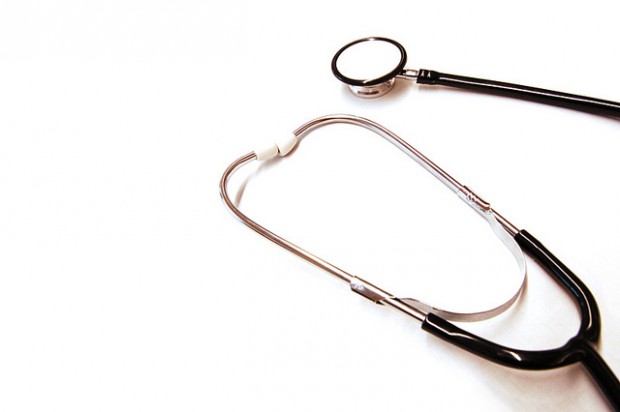Women Still Need More Aggressive Treatment for Stroke
For the first time, researchers have identified significant sex differences in the mechanisms influencing high blood pressure that indicate a need for earlier and more aggressive treatment for hypertension in women., according to a study published in Therapeutic Advances in Cardiovascular Disease. These finding challenge the standard practice that focuses on treating men, suggesting the need to revise the current approach to hypertension management.
“The medical community thought that high blood pressure was the same for both sexes and treatment was based on that premise,” said Carlos Ferrario, M.D., professor of surgery at Wake Forest Baptist Medical Center. “This is the first study to consider sex as an element in the selection of antihypertensive agents or base the choice of a specific drug on the various factors accounting for the elevation in blood pressure.”
The researchers found 30 to 40 percent more vascular disease in the women compared to the men for the same level of elevated blood pressure. In addition, there were significant physiologic differences in the women’s cardiovascular system, including types and levels of hormones involved in blood pressure regulation, that contribute to the severity and frequency of heart disease.
“Our study findings suggest a need to better understand the female sex-specific underpinnings of the hypertensive processes to tailor optimal treatments for this vulnerable population,” Ferrario said. “We need to evaluate new protocols – what drugs, in what combination and in what dosage – to treat women with high blood pressure.

